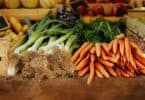Do you dream of becoming a skilled cook in the kitchen? Well, you’re not alone! In fact, studies show that 70% of people want to improve their cooking skills.
But where do you begin? Don’t worry, we’ve got you covered. In this article, we will share essential cooking tips that will set you up for success as a beginner. From mastering knife skills to understanding cooking temperatures, we’ll provide you with the tools and knowledge you need to become a confident and creative cook.
So let’s get started on your culinary journey!
Key Takeaways
- Assemble ingredients beforehand and read the recipe multiple times to prepare effectively.
- Use a quality, sharp chef’s knife for efficient ingredient preparation.
- Start cooking on a lower heat setting to ensure even heating and prevent burning.
- Stick to the recipe as a beginner to avoid unsatisfactory results, but feel free to improvise over time.
Preparation Techniques
Pay attention to stages that require time, like marinating meat or specific pans, in order to mentally and physically prepare yourself for cooking success. Time management is key when it comes to preparation.
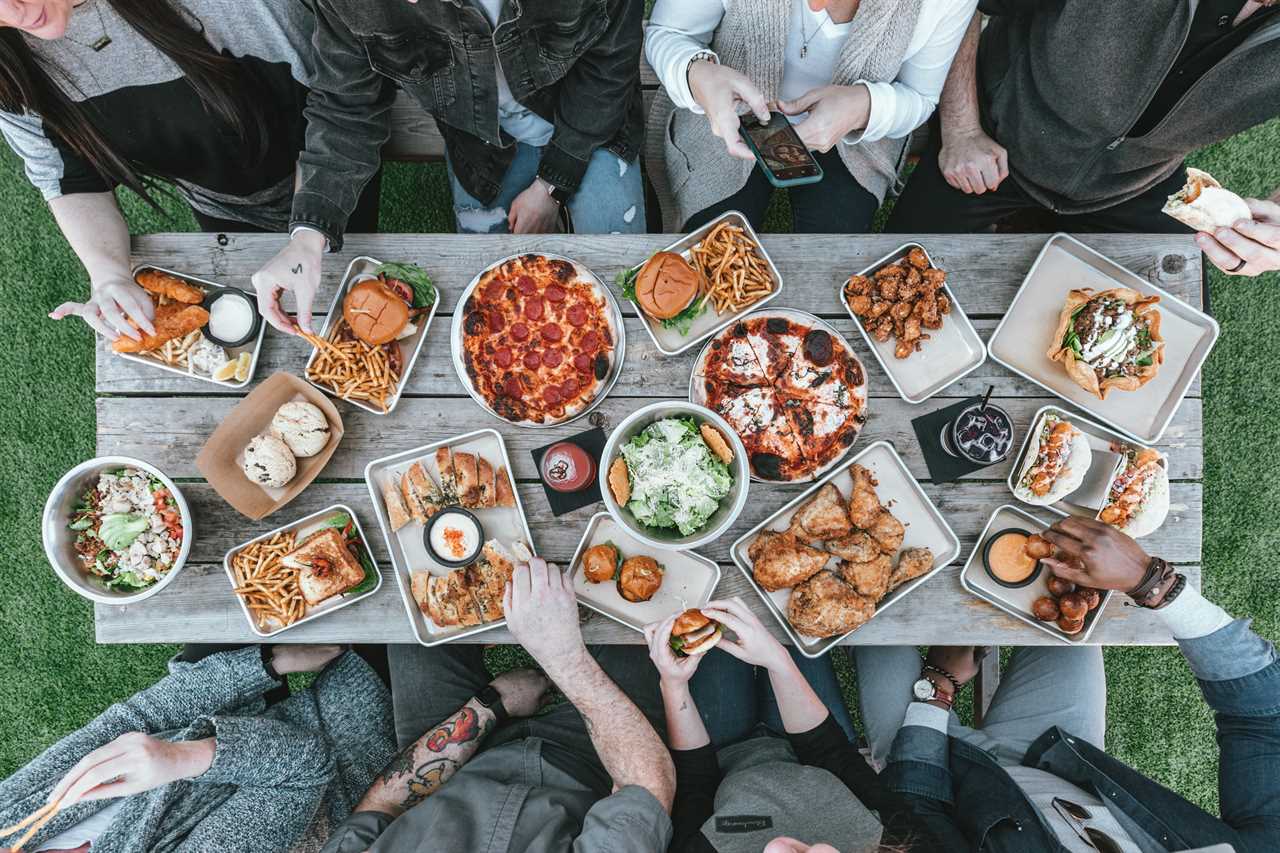
Make sure to read the recipe multiple times to understand the ingredients and steps involved. This will help you gauge the time required for each stage.
Additionally, embracing the importance of mise en place, or having all your ingredients prepped and ready to go, is essential for a smooth cooking experience. Chop and prep your ingredients in advance to save yourself stress during the actual cooking process.
Mastering Knife Skills
Use a sharp chef’s knife for efficient ingredient assembly and ensure safe, quick preparation.
When it comes to knife safety, it’s important to have a proper grip on your knife. Hold it firmly, but not too tightly, with your fingers curled around the handle and your thumb resting on the opposite side. This grip gives you control and stability while cutting. Remember to keep your fingers out of the way of the blade and use a cutting board that won’t slip.
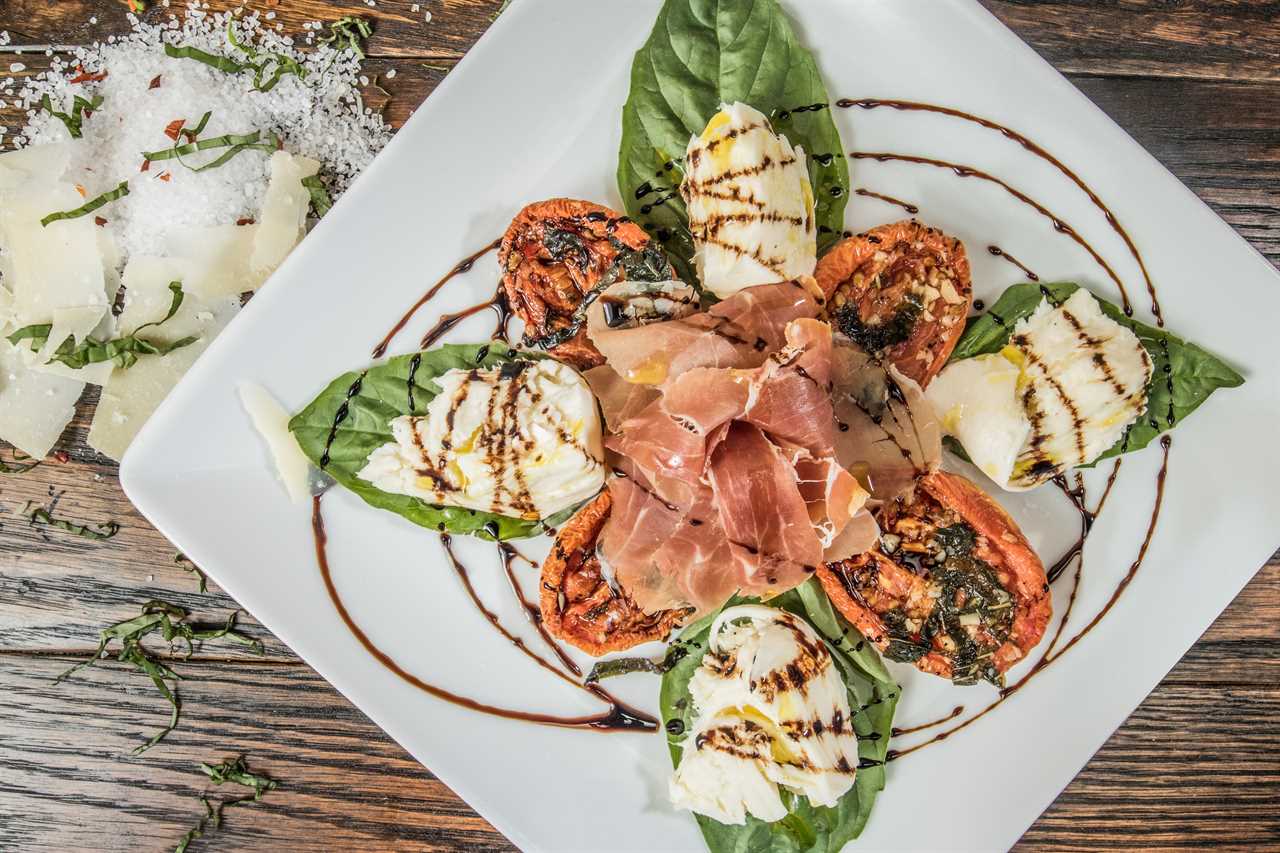
A sharp knife is also essential for safe and precise cutting. A dull blade can cause accidents and injuries. So, make sure to sharpen your knife regularly and hone it before each use.
Understanding Cooking Temperatures
To ensure your dish is perfectly cooked, start by adjusting the heat to a lower setting and maintaining even temperatures throughout the cooking process.
Temperature control is key to achieving consistent and delicious results. By starting on a lower heat setting, you can prevent overcooking the exterior while ensuring the interior cooks thoroughly. This allows for a perfectly cooked finished product.
Additionally, maintaining even temperatures throughout the dish is essential. Uneven cooking can result in burnt or undercooked sections, compromising the overall taste and texture.
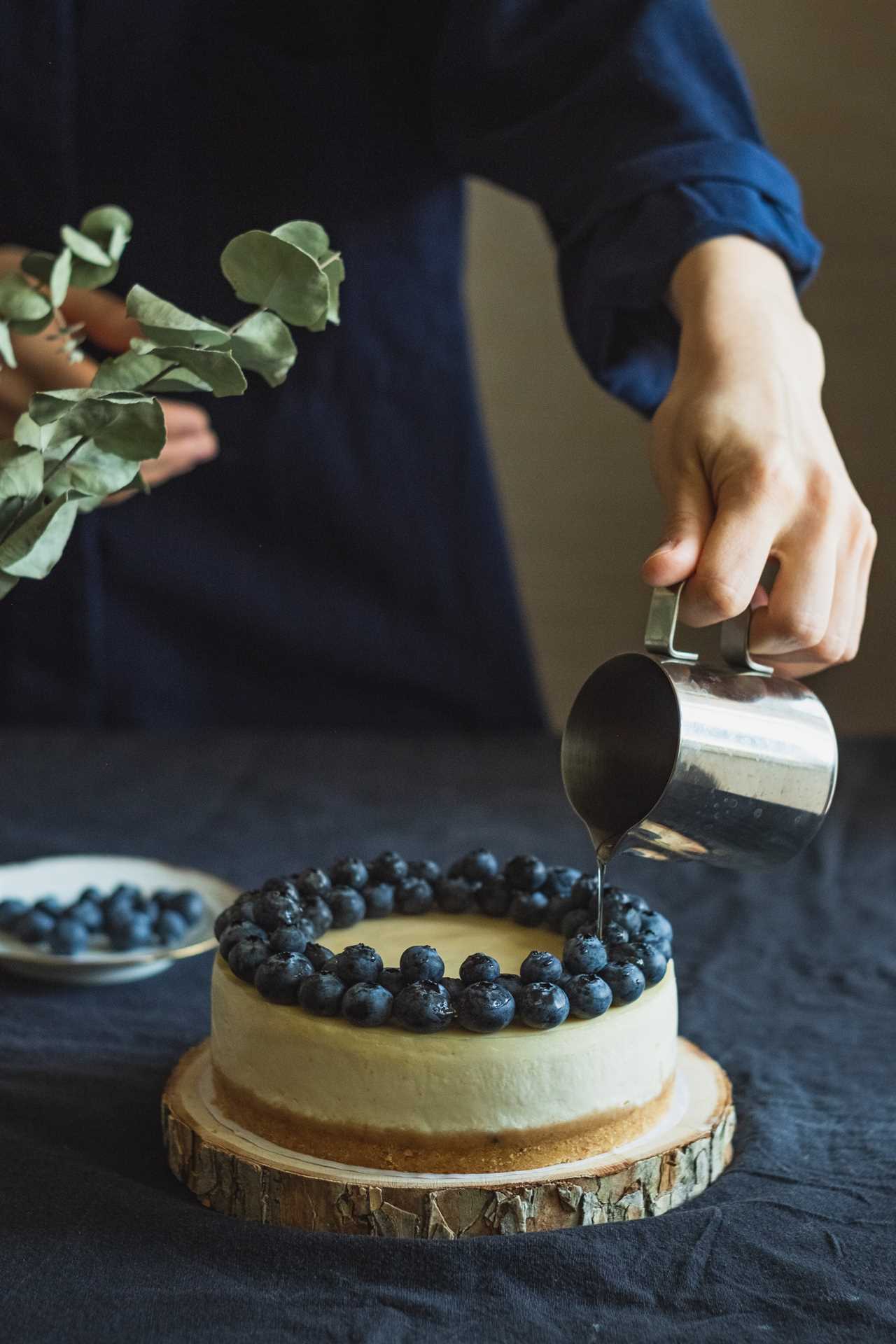
Importance of Recipe Adherence
Remember that sticking to the recipe, especially as you’re starting out, can help you avoid unsatisfactory results and ensure that your dish turns out delicious.
However, as you gain more experience in the kitchen, it’s important to embrace the benefits of improvisation and flavor experimentation.
While adhering to a recipe provides structure and guidance, it’s also important to trust your instincts and add your own personal touch to dishes.
This freedom allows you to explore different flavor combinations, adjust seasonings to your taste, and create unique and exciting dishes.
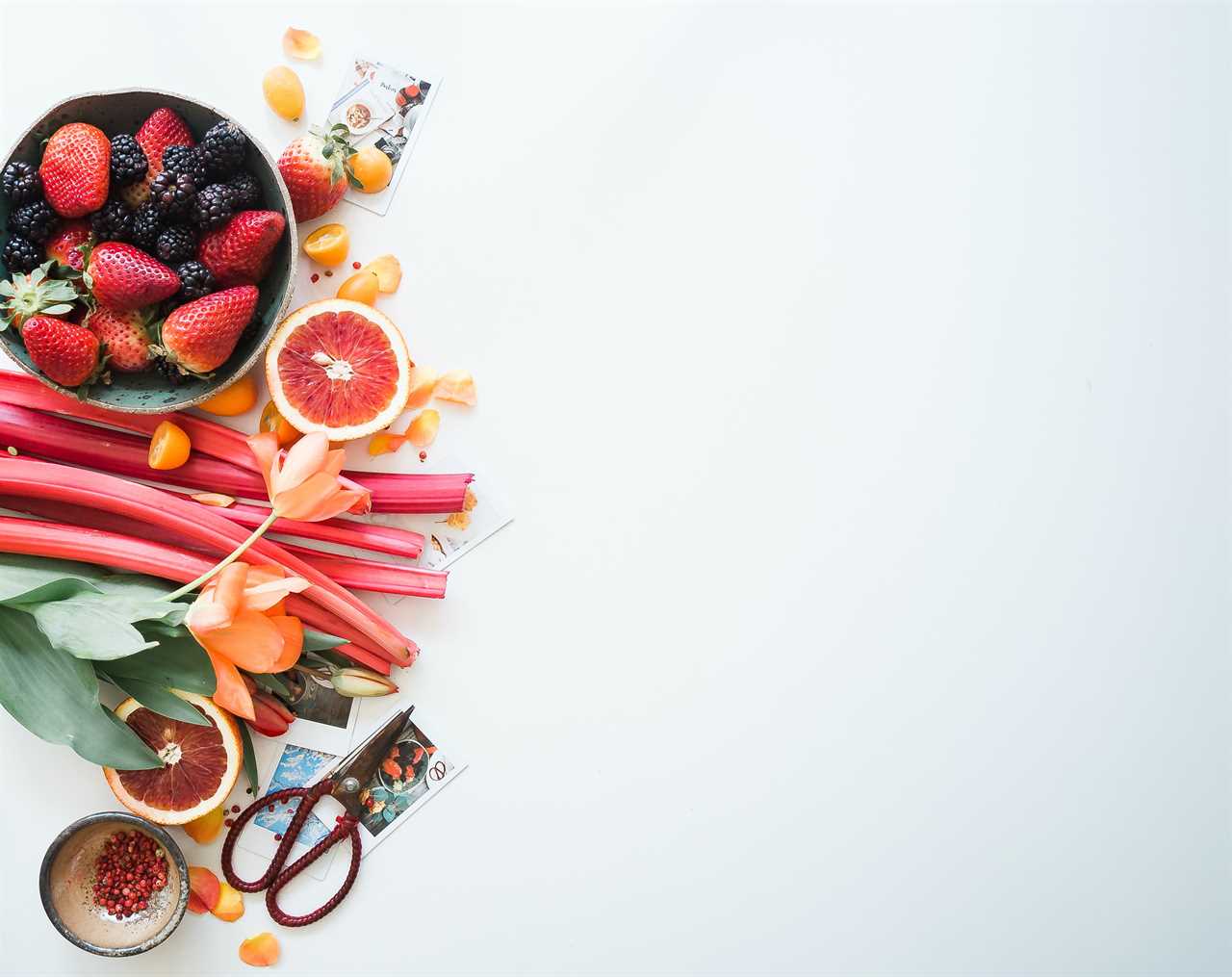
By experimenting with flavors, you can discover new favorites and develop your own signature dishes.
So, don’t be afraid to deviate from the recipe and let your creativity shine in the kitchen.
Embracing Flexibility and Growth
Embrace the opportunity to grow and become a more flexible cook by allowing yourself to make mistakes and learn from them.
Experimentation is key in the culinary world, as it allows you to discover new flavors and techniques. Don’t be afraid to step outside your comfort zone and try different ingredients or cooking methods.
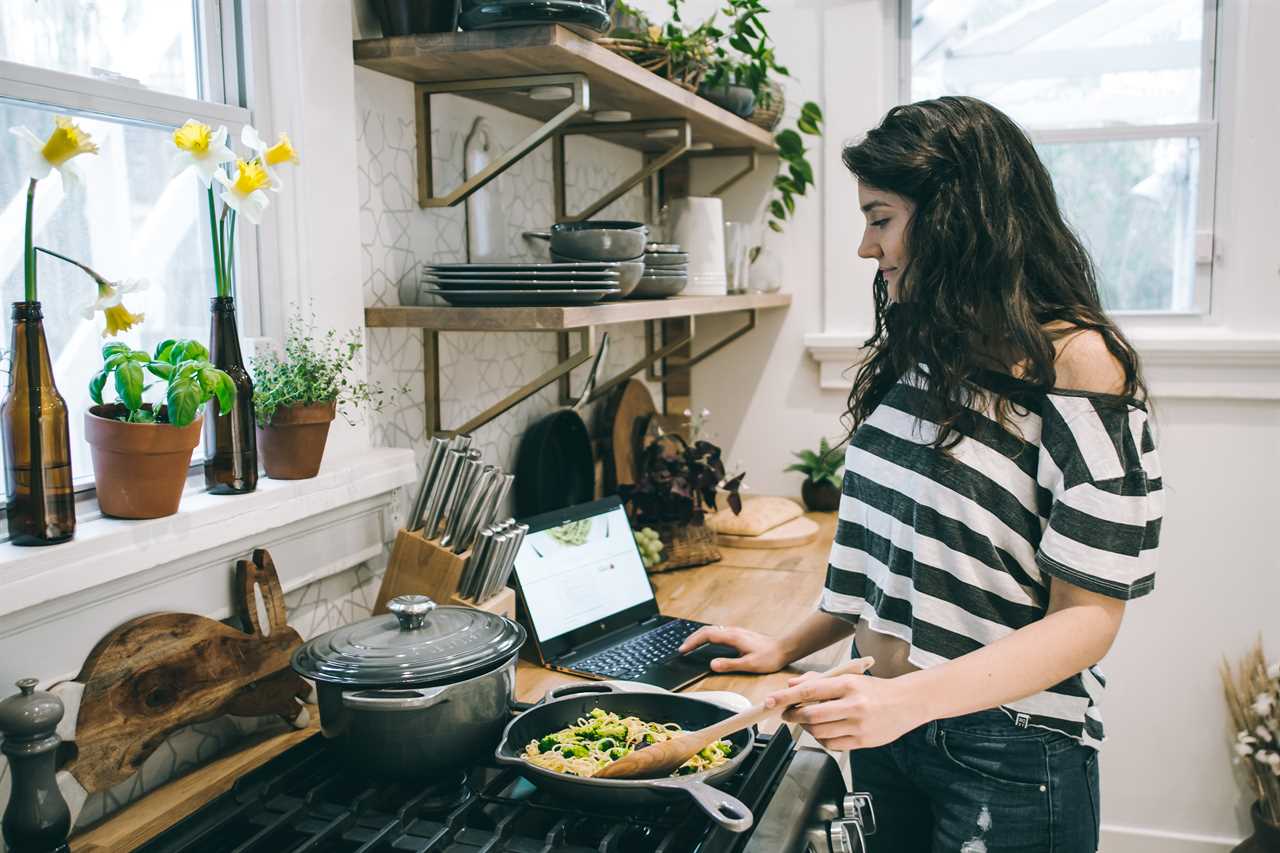
Embracing mistakes is also crucial in your journey as a cook. Remember that even the most seasoned chefs make errors, and it’s through these mistakes that we learn and improve. Take note of what went wrong, analyze it, and adjust for next time.
Tips for Continuous Improvement
Keep pushing yourself to try new recipes and techniques, as this will lead to continuous improvement in your cooking skills. Continuous learning and refining techniques are essential for becoming a better cook.
Here are three tips to help you on your journey:
-
Embrace experimentation: Don’t be afraid to step out of your comfort zone and try new flavors and ingredients. This will broaden your culinary horizons and allow you to develop your own unique cooking style.
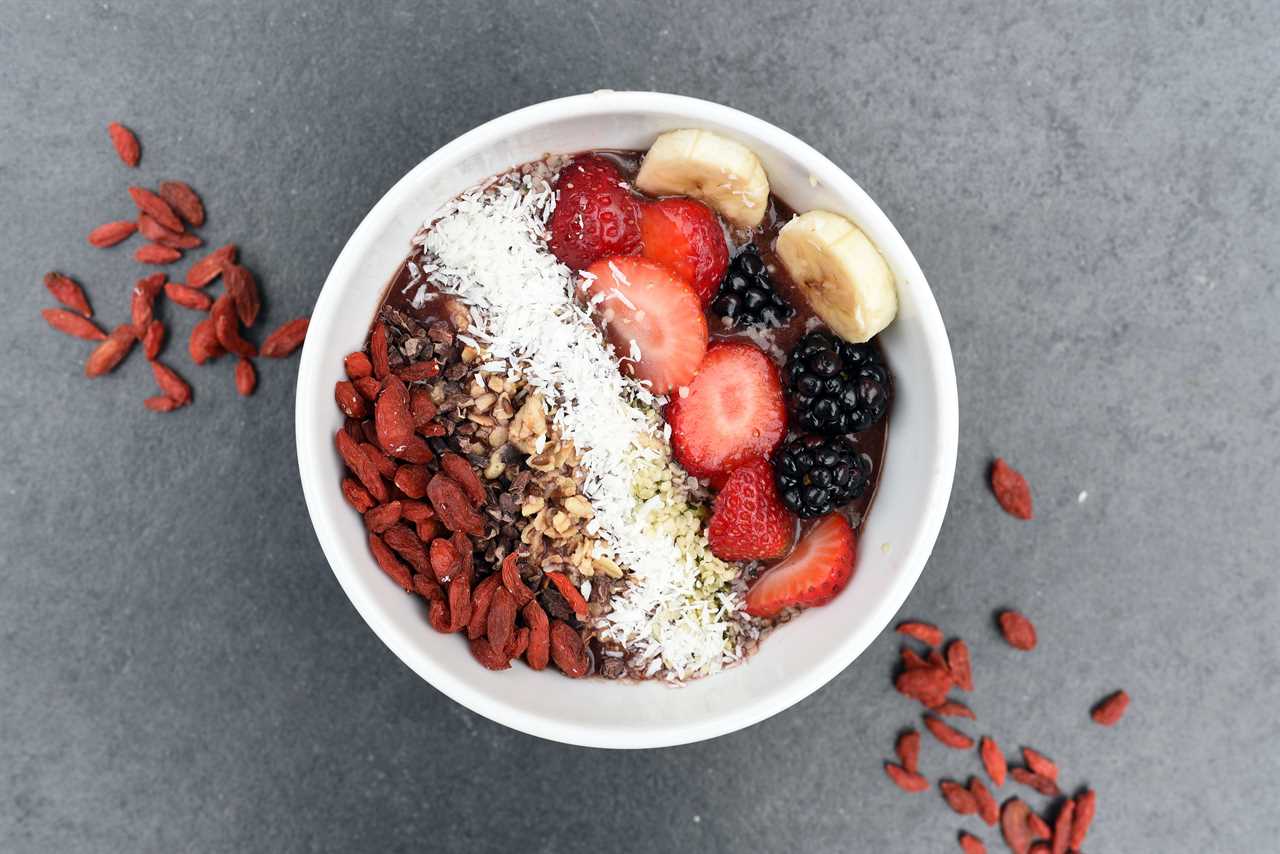
-
Seek inspiration: Look for inspiration in cookbooks, cooking shows, and online resources. Explore different cuisines and techniques to expand your knowledge and repertoire.
-
Learn from your mistakes: Don’t be discouraged by failures. Instead, view them as opportunities to learn and grow. Analyze what went wrong, make adjustments, and try again. Remember, every great chef started as a beginner, so keep pushing yourself and never stop learning.
Frequently Asked Questions
How Can I Make Sure My Ingredients Are Properly Marinated?
To ensure your ingredients are properly marinated, start by selecting a marinade that complements the flavors of your dish.
Place your ingredients in a resealable bag or airtight container, making sure they are fully submerged in the marinade.
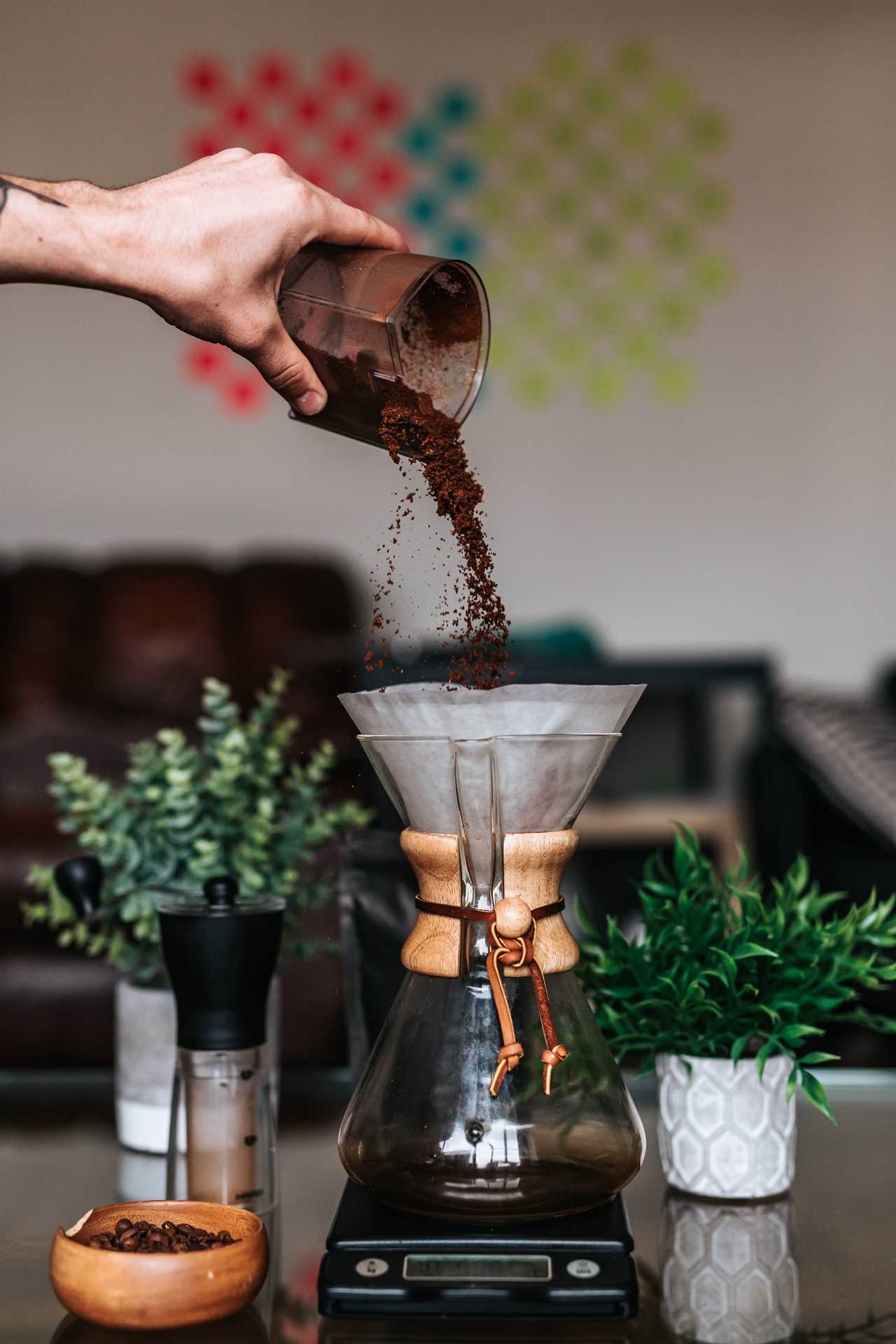
Allow the ingredients to marinate in the refrigerator for the recommended time, which can vary depending on the recipe.
Proper marination enhances the flavors and tenderizes the ingredients, resulting in a more delicious and flavorful dish.
What Are Some Common Mistakes to Avoid When Using a Chef’s Knife?
When using a chef’s knife, it’s important to avoid common mistakes that can lead to accidents or mishaps. Proper technique is crucial for efficient and safe ingredient assembly.
One common mistake is using a dull blade, which can result in accidents and injuries.

Another mistake is not holding the knife correctly, which can affect your control and precision.
How Do I Know When to Adjust the Cooking Temperature?
Adjusting the cooking temperature is necessary when you want to achieve the desired results in your dish.
Understanding the impact of temperature adjustments on cooking results is key.
If you notice your dish is cooking too quickly or burning, lowering the heat can help.
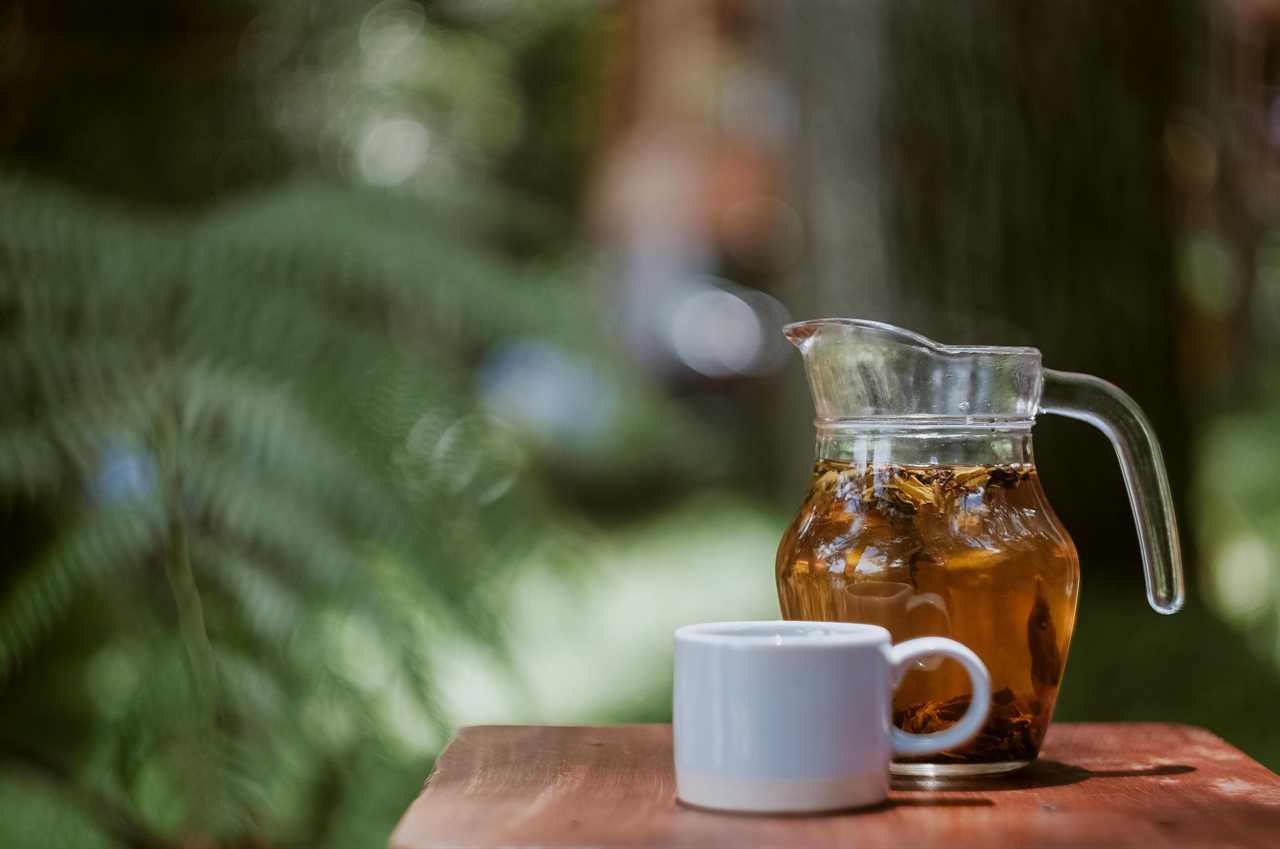
On the other hand, if your dish is taking too long to cook or not browning properly, increasing the heat may be necessary.
Trust your instincts and make the necessary adjustments to ensure a delicious outcome.
Can I Make Substitutions in a Recipe Without Affecting the Outcome?
Yes, you can make substitutions in a recipe without affecting the outcome. Substitution alternatives and ingredient swaps allow for creativity and personalization in cooking. However, it’s important to consider the flavors and textures of the ingredients you’re swapping.
Some substitutions may alter the taste and consistency of the dish. As a beginner, it’s best to stick to the recipe to ensure a successful outcome. Once you become more familiar with the recipe, feel free to experiment and make substitutions to suit your taste.
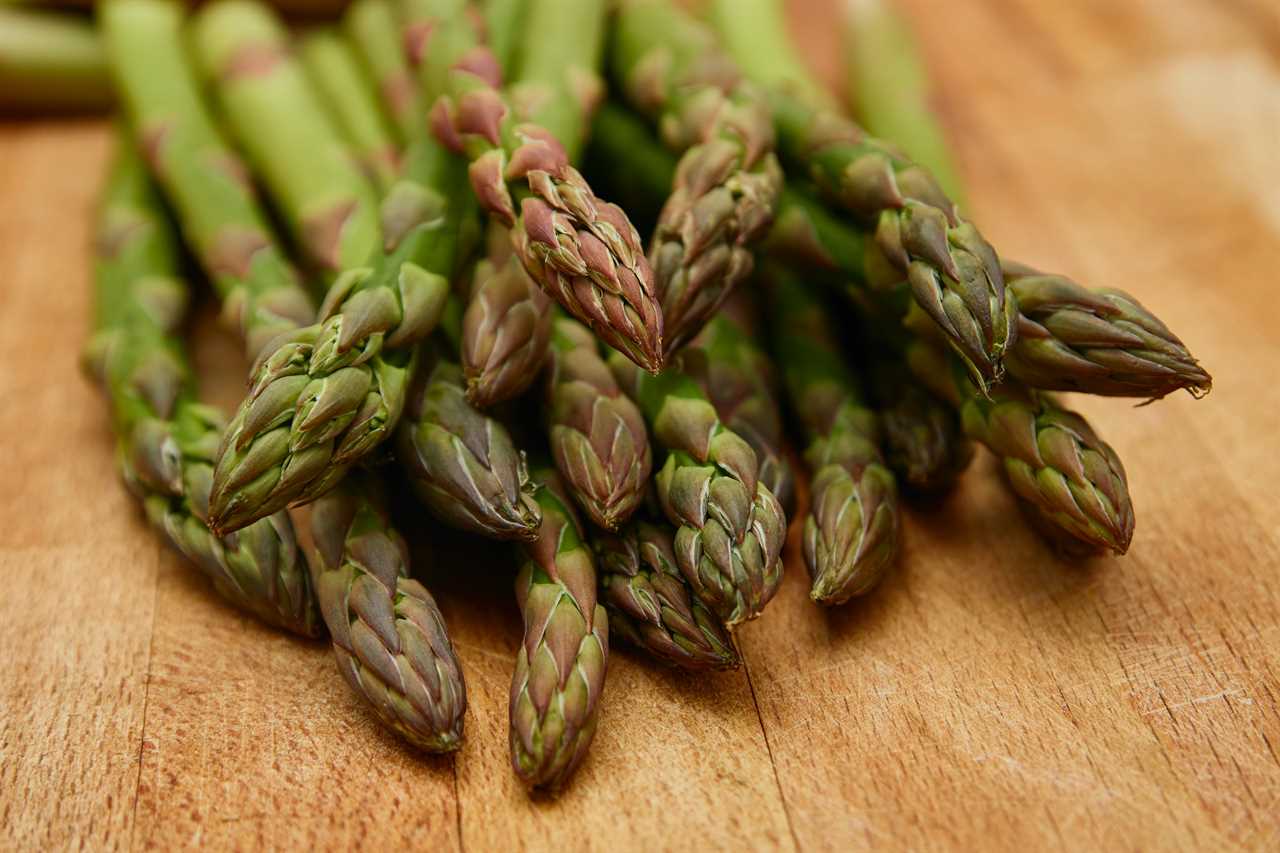
How Can I Continue to Improve My Cooking Skills Over Time?
To continue improving your cooking skills over time, embrace the power of continuing education. Explore online tutorials, cooking classes, and workshops to expand your knowledge. These resources provide valuable insights and techniques to refine your culinary prowess.







